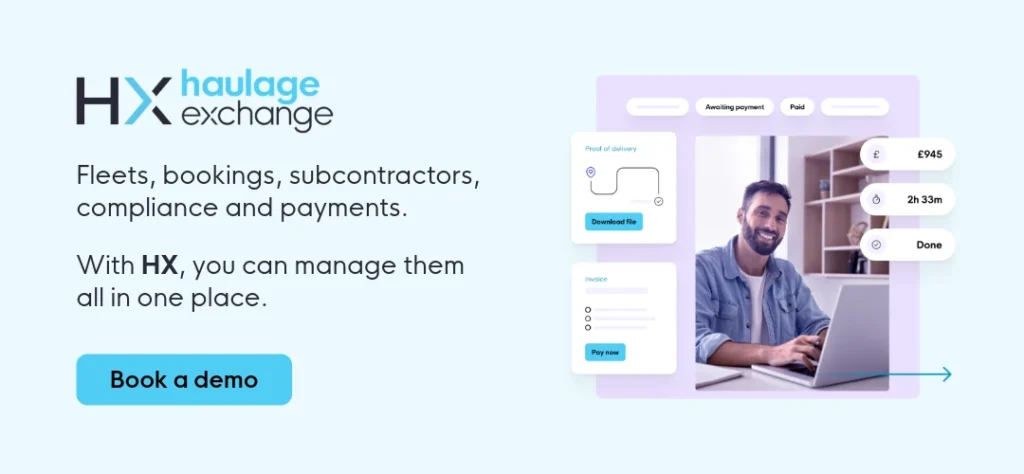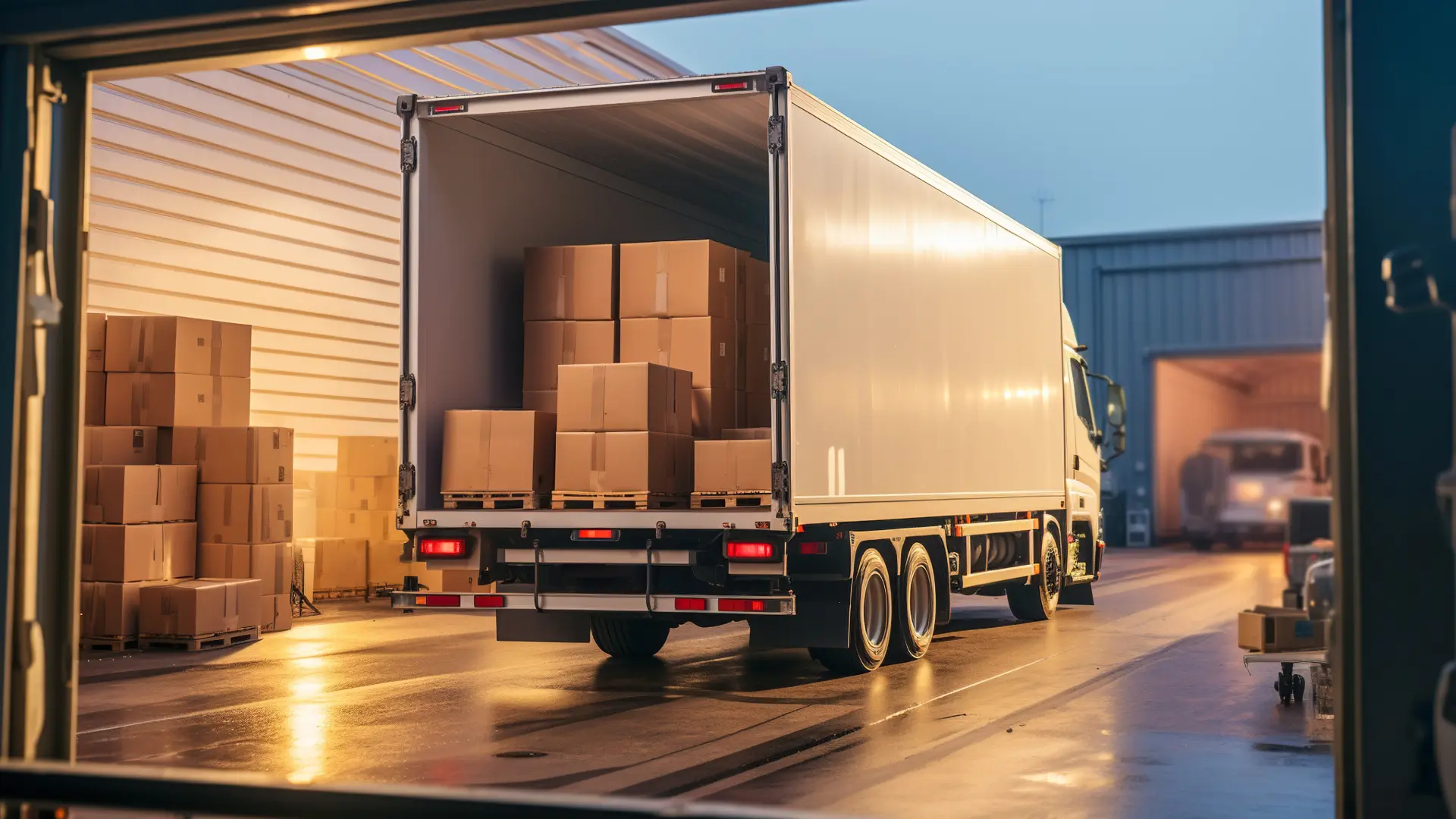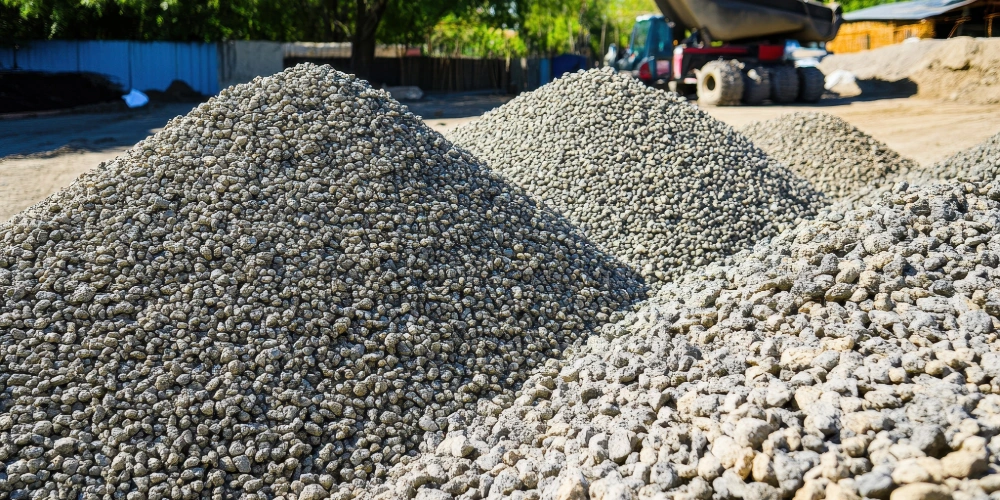The UK’s sustainable aviation fuel (SAF) mandate is paving the way for a greener future in logistics. With a target of making SAF 10% of all jet fuel by 2030, the government aims to reduce emissions in aviation—a sector known for its high carbon footprint.
While SAF is primarily associated with air transport, its introduction has broader implications for the freight industry, including road haulage. The push for sustainable practices across all modes of transport signals new challenges but also exciting opportunities for haulage companies.
What is sustainable aviation fuel?
Sustainable aviation fuel (SAF) is a low-carbon alternative to traditional jet fuel, aimed at reducing the aviation industry’s environmental impact without compromising efficiency or performance.
Unlike alternative fuels like electricity or hydrogen, biofuels like SAF work seamlessly with existing aircraft engines and fuel infrastructure, eliminating the need for costly modifications. This “drop-in fuel” compatibility makes it a practical option for airlines looking to meet sustainability targets without major operational changes.
Why SAF is different
Unlike traditional jet fuel derived from crude oil, sustainable aviation fuel is made from waste materials, like used cooking oil, agricultural residues, and even household waste, greatly reducing dependency on finite resources.
The production process also significantly cuts emissions, particularly when feedstocks like waste oils or forestry residues are used. For instance, studies show that one tonne of SAF made from used cooking oil can reduce emissions by up to 70% compared to fossil-derived jet fuel.
SAF’s environmental benefits extend beyond carbon reductions. Using waste-based feedstocks also diverts materials that would otherwise go to landfill, helping address broader sustainability challenges like waste management and resource efficiency.
SAF use is growing fast
The global SAF market is expanding rapidly. According to the International Air Transport Association (IATA), annual SAF production could reach 8 billion litres by 2030, a dramatic increase from just 125 million litres of biofuel produced in 2021.
The UK alone has committed to producing 1.2 million tonnes of SAF annually by 2030 under its Jet Zero strategy, highlighting the growing demand for renewable energy sources in aviation, driven by government mandates, private sector investment, and consumer demand for greener travel options.
Opportunities for haulage companies
As biofuel adoption grows, haulage companies can benefit from the increased demand for transport services and infrastructure development. Obtaining cargo operative certification can further position your business as a trusted partner, especially for aviation clients requiring secure deliveries to airports or restricted zones.
Transporting feedstocks
Producing the fuel relies on a steady supply of raw materials, such as waste oils and agricultural by-products. Hauliers can tap into this growing market by offering services to transport these feedstocks to processing plants. This creates new business opportunities, especially for ULEZ-compliant hauliers equipped to handle such goods in low-emission zones.
Supporting SAF infrastructure projects
Building production plants and storage facilities requires the movement of construction materials, machinery, and equipment. Companies involved in ADR haulage are well-positioned to manage the transport of any hazardous materials or freight used in these projects.
Lessons for road freight
Sustainable aviation fuel adoption offers valuable insights for the road freight industry, particularly in adopting greener fuels like hydrogen and electric. While these alternatives are still developing, the biofuel example shows how investing in sustainable solutions can reduce HGV carbon emissions and drive long-term efficiency.
By following the aviation sector’s lead, road haulage companies can position themselves as forward-thinking and environmentally responsible, attracting customers who prioritise sustainable logistics solutions.

How Haulage Exchange supports sustainability in road freight
Sustainability in road freight doesn’t have to be complicated. Platforms like Haulage Exchange provide tools and networks to help companies become more eco-conscious while staying competitive.
Connecting with a virtual fleet
Haulage Exchange connects businesses with a vast network of subcontractors, including haulage vehicles and courier vehicles, to reduce empty journeys and emissions. This virtual fleet model lets companies find haulage carriers quickly and offer 60-minute pickups anywhere in the UK, while lowering their carbon footprint.
Improving operational efficiency
HX supports sustainable practices by offering real-time tracking, efficient job allocation, and tools to optimise route planning. This helps reduce fuel consumption and improves overall efficiency. Whether you’re starting a haulage company or managing an established fleet, these features make adopting greener practices more accessible.
Sustainability as a shared goal
The rise of sustainable aviation fuel is transforming logistics, from aviation to road haulage. While SAF is leading the way in reducing emissions, its impact extends far beyond the skies, opening doors for road hauliers to grow their businesses while adopting greener practices.
By transporting biofuel feedstocks, supporting infrastructure projects, and learning from aviation’s commitment to sustainability, haulage companies can prepare for the future of freight. Platforms like Haulage Exchange make this transition smoother, offering practical haulage solutions that align with sustainability goals.
For road freight operators, now is the time to act. By embracing sustainable logistics, the industry can meet environmental challenges head-on while staying competitive in an increasingly eco-conscious market.




